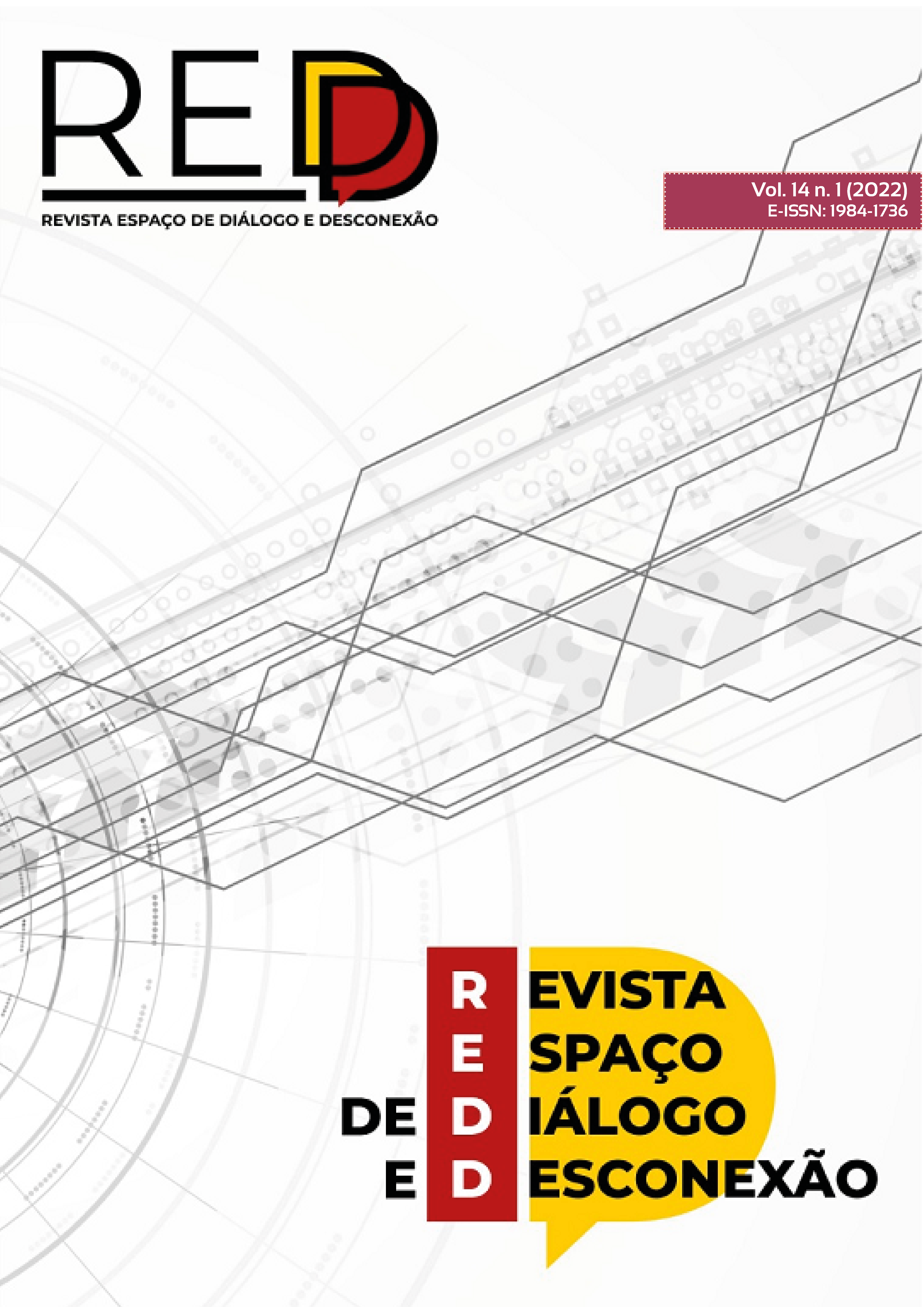O reconhecimento extrajudicial da paternidade e maternidade socioafetiva como instrumento de desjudicialização e princípio da dignidade da pessoa humana
DOI:
https://doi.org/10.32760/1984-1736/REDD/2022.v14i1.17564Keywords:
Paternity and Socio-affective Maternity, Dejudicialization, Dignity of human person, Conflict Prevention, Extrajudicial ServicesAbstract
The article analyzes the recognition of socio-affective paternity and maternity in the extrajudicial sphere, based on the relevant affectivity within the family, on the voluntariness of raising a son or daughter, even if blood ties are not present, in the act of educating and protecting by virtue of the effectiveness and love, always observing the values of family life, in the light of the Federal Constitution of 1988, with emphasis on its article 227, §6, as well as on national jurisprudence, and provisions related to the subject, such as Provisions 63/2017 and 83/2019, both from the National Council of Justice - CNJ, which regulate socio-affective parenting, through the performance of civil registration services for natural persons. The Civil Code, in its article 1593 caput, establishes the possibility of other means of filiation, without this resulting from consanguinity. The Brazilian courts have also recognized the affiliation based on socio-affective issues, always based on the principle of human dignity, through theoretical analysis of the existing legal literature, we opted for the qualitative approach method and for research of an applied and theoretical nature, this is an exploratory, descriptive and explanatory study. It is concluded with the present to overcome possible challenges that still exist, as well as to demonstrate the importance of using instruments that allow the Dejudicialization of conflicts, especially when it comes to issues related to the recognition of family ties.
Downloads
Published
Issue
Section
License
Os manuscritos aceitos e publicados são de propriedade da REDD – Revista Espaço de Diálogo e Desconexão. É vedada a submissão integral ou parcial do manuscrito a qualquer outro periódico. A responsabilidade do conteúdo dos artigos é exclusiva dos autores. É vedada a tradução para outro idioma sem a autorização escrita do Editor ouvida a Comissão Editorial




